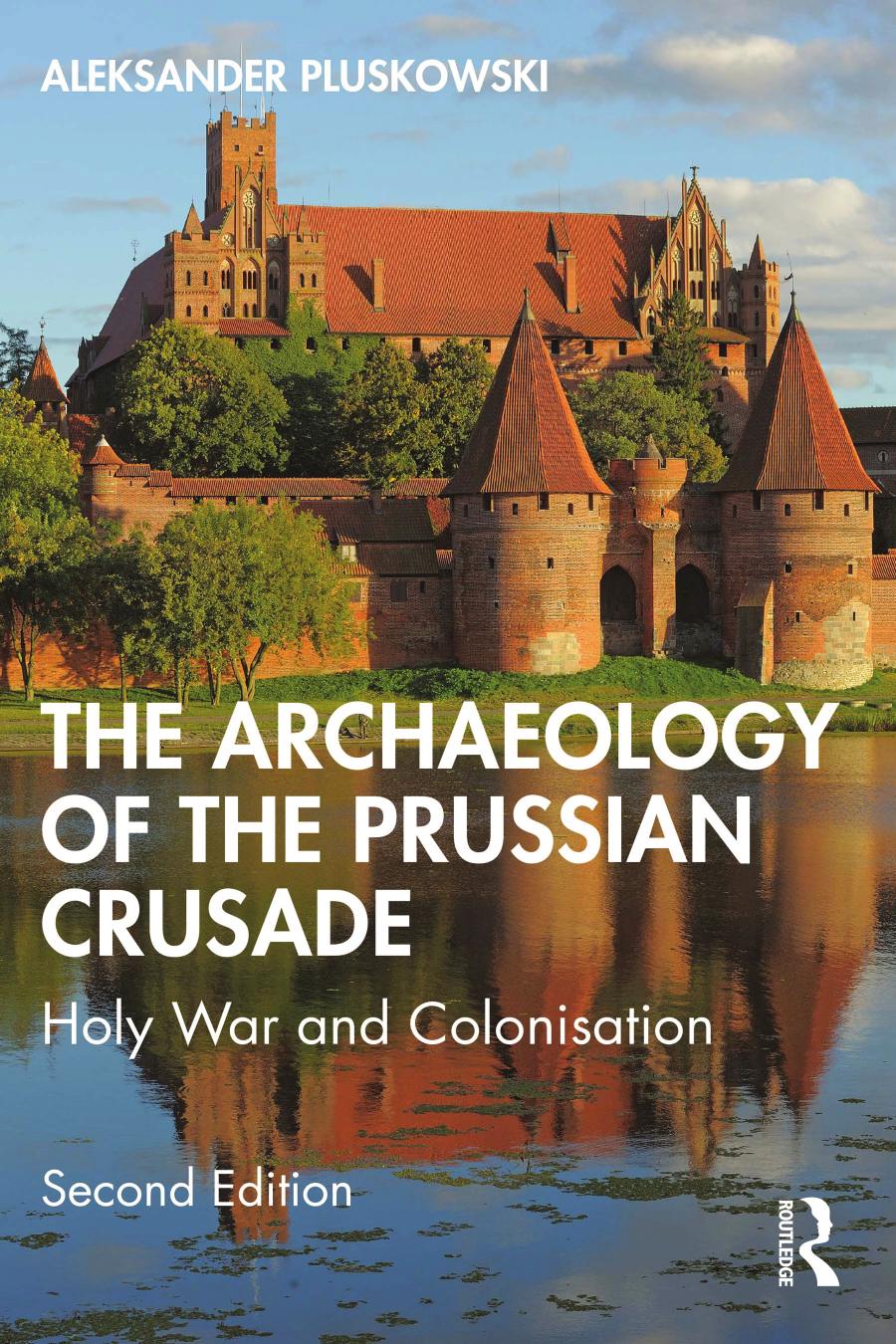

Most ebook files are in PDF format, so you can easily read them using various software such as Foxit Reader or directly on the Google Chrome browser.
Some ebook files are released by publishers in other formats such as .awz, .mobi, .epub, .fb2, etc. You may need to install specific software to read these formats on mobile/PC, such as Calibre.
Please read the tutorial at this link: https://ebookbell.com/faq
We offer FREE conversion to the popular formats you request; however, this may take some time. Therefore, right after payment, please email us, and we will try to provide the service as quickly as possible.
For some exceptional file formats or broken links (if any), please refrain from opening any disputes. Instead, email us first, and we will try to assist within a maximum of 6 hours.
EbookBell Team

4.4
82 reviewsThe Archaeology of the Prussian Crusade explores the archaeology and material culture of the crusades against the Prussian tribes in the 13th century, and the resulting society created by the Teutonic Order which endured into the 16th century.
It provides an updated synthesis of the material culture of this unique, hybrid society in the south-eastern Baltic region, encompassing the full range of archaeological data, from standing buildings through to artefacts and ecofacts, integrated with written and artistic sources. The work is sub-divided into broadly chronological themes, beginning with a historical outline, then exploring the settlements, castles, towns and landscapes of the Teutonic Order's theocratic state, the character and tempo of religious transformation and concluding with the roles of the reconstructed and ruined monuments of medieval Prussia in the modern world, particularly within the context of Polish culture.
This remains the first work on the archaeology of medieval Prussia in any language, and is intended as a comprehensive introduction to a period and area of growing interest. This book represents an important contribution to promoting International awareness of the cultural heritage of the Baltic region, which has been rapidly increasing over the last few decades.